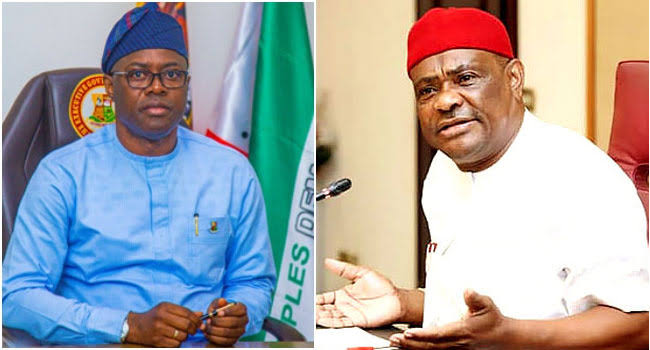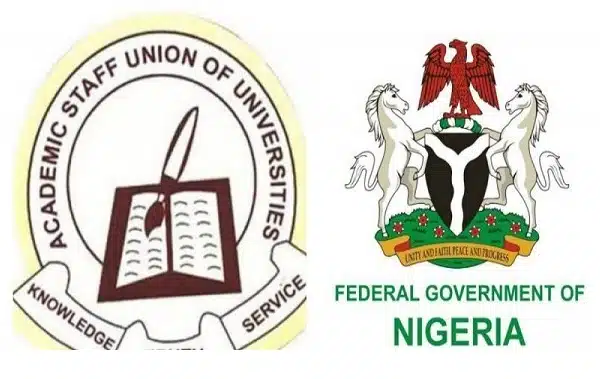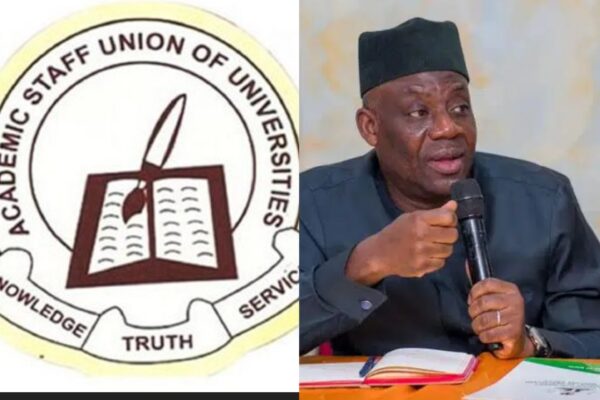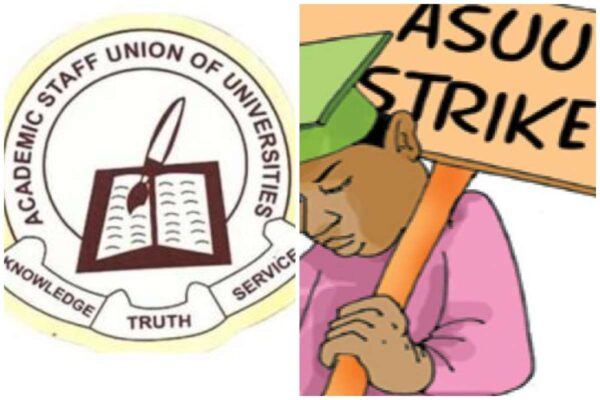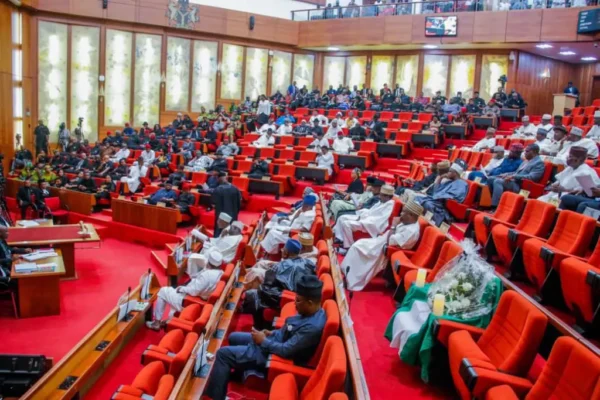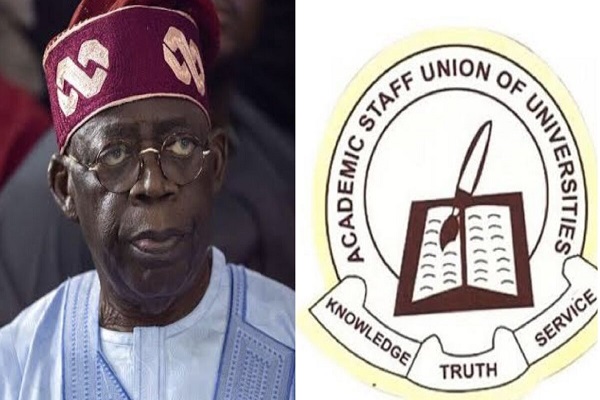
Tinubu Declares Era Of ASUU Strikes Over, Pledges Lasting Stability In Tertiary Education
President Bola Tinubu has declared that the era of strikes by the Academic Staff Union of Universities (ASUU) is over, assuring that his administration is committed to lasting peace and stability in Nigeria’s tertiary education sector. He made the statement during the 56th convocation of the University of Lagos (UNILAG), where he was represented by the Minister of Education, Tunji Alausa. The president emphasized that the cycle of prolonged academic disruptions will be replaced by sustained dialogue, mutual respect, and timely implementation of agreements. “Since the beginning of my administration, we have seen two uninterrupted academic sessions across our tertiary institutions. This is the result of firm political will, ongoing dialogue, and responsible leadership,” Tinubu said. He highlighted that, under his direct oversight, the federal government recently signed a new agreement with ASUU, resolving a long-standing dispute that had previously undermined confidence in Nigeria’s university system. “This milestone ensures industrial harmony and a predictable academic calendar. It restores the dignity of learning and signals the end of perennial strikes in our universities,” he added. The president also outlined key initiatives introduced by his administration, including the Nigerian Education Loans Fund (NELFUND) for students, the Institutional Staff Support Fund for university workers, and other programs aimed at strengthening the education sector. He stressed the need for universities to produce graduates who are not only employable but capable of creating jobs and driving innovation. “My administration will continue to implement reforms for a technology-driven education system, including curriculum restructuring, quality assurance, skill-based learning, and fostering innovation-led problem solving,” Tinubu said. UNILAG Vice-Chancellor Folasade Ogunsola praised the university Senate, staff, and stakeholders for their dedication, and congratulated the graduates and their sponsors. She encouraged the graduates to turn challenges into opportunities and contribute positively to society.

